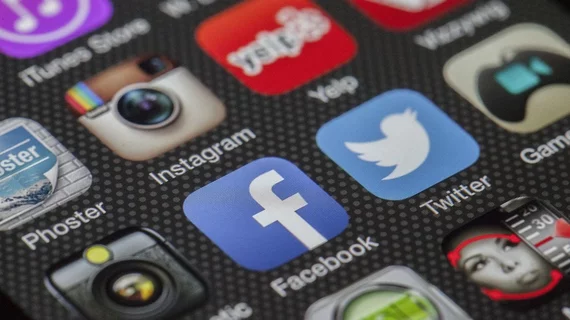Facebook still a favorite soapbox for COVID-19 fibbers
Mark Zuckerberg and colleagues at Facebook have recently vowed to work harder at weeding out misinformation posted on their platform, especially when it involves COVID-19. So for those who’d like a sampling of the best of the worst, time may be running out.
The media watchdog NewsGuard has simplified the perusal process, compiling a list of Facebook users who seem only too happy to “repeat, share and amplify” everything from quack cures to conspiracy theories.
The criteria for being branded a misinformation “super-spreader” by NewsGuard include having a large following with more than 100,000 page “Likes,” posting patently false or previously debunked material on the virus and, not least, being active as of April 17.
The latter criterion could indicate Facebook has been remiss in its recent pledge to do better.
NewsGuard says it has similar projects in the works for other social-media platforms, including Twitter and YouTube. Till then, here’s a sampling of the sometimes humorous—but often dangerous—COVID misinformation on Facebook as corralled by NewsGuard as of April 21.
The Farmacy—1,336,754 Likes. This Facebook page “appears to be affiliated with RealFarmacy.com, a website that often publishes false health information and unverified medical advice,” NewsGuard informs. An example of its COVID-19 misinformation: a March 6 post claiming the virus can be beaten simply by taking Vitamin C. NewsGuard sent three emails seeking comment from the person or group behind the mischief. None of the three requests elicited any response at all.
Gateway Pundit—631,000 Likes. Example of COVID-19 misinformation: a March 19 post linking to an article falsely claiming the drug hydroxychloroquine has a 100% success rate in treating COVID-19. When NewsGuard sought an explanation from The Gateway Pundit’s founder, Jim Hoft, he equivocated on the claim but didn’t refute it. “Please note I was speaking of the two studies in question,” Hoft told the watchdog. “Not the overall effectiveness of the drug in controlled scientific studies.”
Activist Post—522,423 Likes. Misinformation example: a January 26 post linking to the false claim that the coronavirus was predicted by a simulation—and that it is patented.
“NewsGuard sent three emails to Activist Post’s general email address and to one of its reporters, along with a message sent through its contact form, seeking comment on the site’s false claims about COVID-19 and other topics,” NewsGuard reports. “None of the messages drew a response.”
For the rest of the list and more background and insights from NewsGuard, click here.

